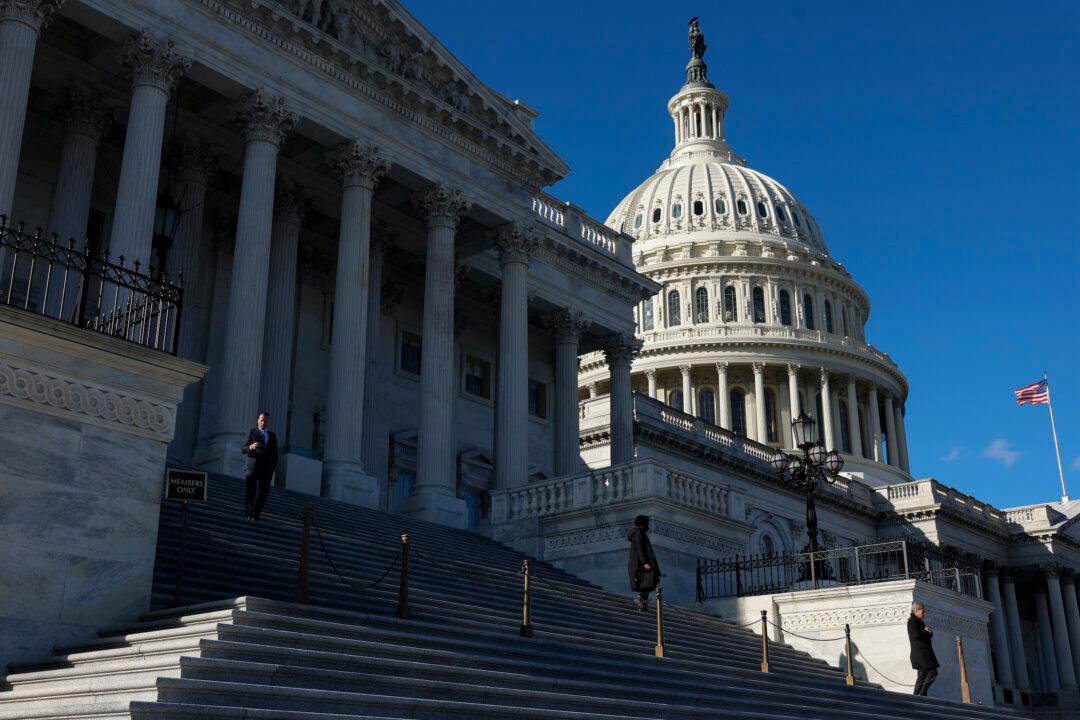Commentary
Our politicians are spending more than they have, again (and again and again). It’s a mounting danger to the U.S. economy, upon which U.S. national security relies.

Our politicians are spending more than they have, again (and again and again). It’s a mounting danger to the U.S. economy, upon which U.S. national security relies.